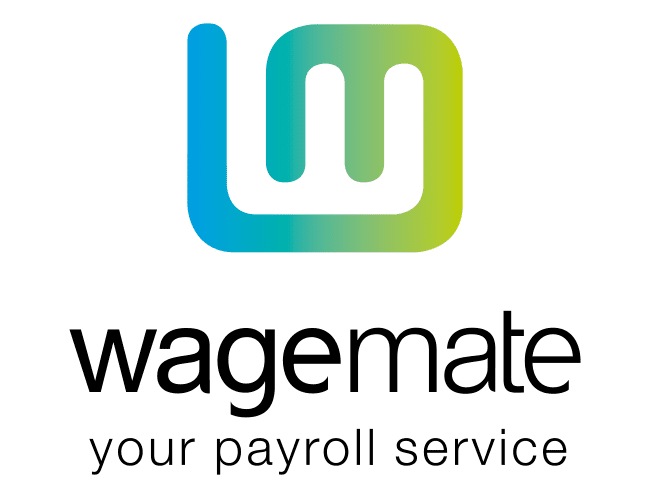What Does The Interest Rate Rise Mean For Small Businesses?
So you will have seen by now that the Bank of England has increased the base interest rate from 0.5% to 0.75%. Only the second raise in the past decade, the new base rate is at its highest since 2009.
What does this mean for you as a small or medium sized enterprise (SME)?
Essentially, there are three key outcomes of the rise: lower spending and less borrowing but greater savings.
Reduced spending
Most consumers are in debt, due to either a mortgage or credit cards. The rise in interest rates will mean that they have to pay out more every month so will have less disposable income and therefore will probably spend less on the high street.
This is likely to have the greatest impact on those businesses that depend on tourism, as the number of visitors might decrease slightly and those who do travel may be more cautious about what they spend their money on.
Tougher borrowing
For growing businesses, the higher interest rates will make it more difficult to find capital as loan repayments will be higher and therefore eligibility will be more restricted. As a result, growth may therefore slow down, so business strategies will need to reflect this new economic situation.
It is also worth noting that for any businesses currently repaying loans, the increase in interest will affect annual expenses. In fact, research by Hadrian’s Wall Capital – a specialist debt collector – estimates that SMEs could be out of pocket by up to £355 million in the first year alone. Only around 16 per cent of SMEs are believed to be borrowing on a fixed rate basis, so the vast majority will be subjected to the increase in repayments. In practical terms, the actual cost to companies will depend on the size of their loans.
The rise in interest may exacerbate the financial issues already faced by SMEs – even before the hike was announced, the Federation of Small Businesses reported that 42 per cent of small firms were finding new credit unaffordable in Q3 2018.
Better savings
On the bright side, anyone who is saving will be able to save more and the higher interest rates may even persuade others to start saving wherever they can.
It also seems unlikely that the interest rate will increase to 5 per cent or above, as the Bank of England’s inflation report puts natural inflation at between 2 and 3 per cent. This is due to the ageing population in the UK – older people generally save more and so this will provide a greater pool of savings for lending to businesses in the future. In addition, with pension pots growing for future generations following roll out of the auto-enrolment scheme, the potential savings available for lending should make raising capital easier for businesses in the future.
Adapt to thrive
The Bank of England has reported that the rate of small businesses closing down is increasing – but this is not due to lack of consumer spending. Instead, it seems that consumers are more likely to shop online than to physically visit stores and offices on the high street. To ensure your business is maximising on the opportunities available and future-proofing its income, consider investing in your own online presence and making your services or products more accessible in this way. With annual costs rising, adaptability is key in order to encourage as much business as possible in the coming year.
For more information on how Wagemate could optimise your payroll and banking for smooth financial processes,
call us on 03330 102102 or email info@wagemate.com
Source Links:
[1] Hadrian’s Wall Capital. Industry News. Small businesses could be hit by £355m in interest charges if rates increase by a quarter. March 2018. https://hadrianswallcapital.com/who-we-are/media/small-businesses-could-be-hit-by-355m-in-interest-charges-if-rates-increase-by-a-quarter/ [Accessed August 2018]
[1] Federation of Small Businesses. Press releases. New credit unaffordable for 1 in 3 small firms ahead of interest rates decision. 2 August 2018. https://www.fsb.org.uk/media-centre/press-releases/new-credit-unaffordable-for-1-in-3-small-firms-ahead-of-interest-rates-decision [Accessed August 2018]
[1] Bank of England. Inflation Report. August 2018. https://www.bankofengland.co.uk/-/media/boe/files/inflation-report/2018/august/inflation-report-august-2018.pdf?la=en&hash=07356C865A7416716C85C54FD7F752BF9DF0E19B [Accessed August 2018]












